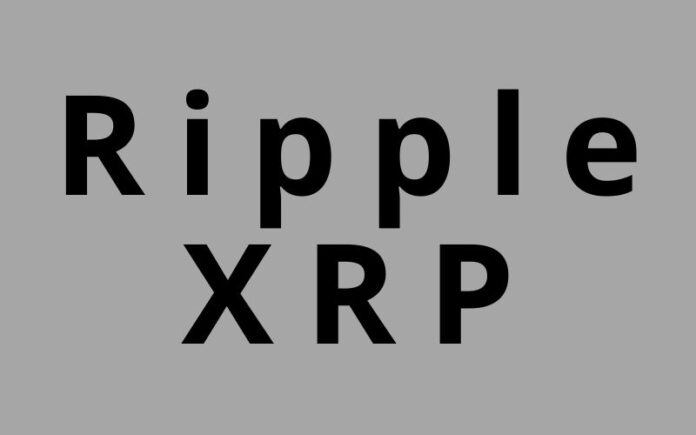Phyllis J. Hamilton, California’s federal judge who is presiding over the class action lawsuit filed against Ripple and its CEO Bradley Garlinghouse by Zakinov and others is weighing in on certifying the case’s classes of investors.
According to the United States District Judge, the Ninth Circuit is yet to issue clarifications regarding the court’s authority to certify classes of investors who disagree over whether some crypto assets constitute registered securities.
Furthermore, Hamilton revealed that California’s Northern District recently held a judicial conference where there was a panel discussion on cryptocurrency securities litigation but nothing substantially came out of the convention. “All of us looked just as confused at the end [of the panel] as when it began,” the California federal judge said per a report by Law360.
As published by the popular multifaceted news platform, Hamilton noted that the Zakinov v. Ripple lawsuit raises a question of first impression, questioning whether XRP could be considered a registered security. This he said during the public hearing on the class certification motion held via Zoom on Wednesday, where only 500 members of the public were granted access to only listen but not participate.
In addition, Hamilton submitted that securities litigation is a new area of law. Therefore, it’s uncertain what would happen if the Zakinov-led nationwide class and California subclass of investors’ lawsuit against Ripple and its executive were to be approved and the majority of it opted out, she implied.
On the whole, the U.S. District Judge concluded that a cryptocurrency such as XRP being classified as a registered security would to some extent depend on the investor’s purpose when they made their purchase.
Nicholas N. Spear of Susman Godfrey LLP, the attorney representing the plaintiffs asserted that the court should certify the classes, saying damages can easily be determined on a class-wide basis by subtracting losses from purchase amounts.
As stated by him, “It’s irrelevant whether investors and class members believe that XRP is a registered security, and the defendants’ focus on the issue amounts to a red herring,” noting that “the SEC has taken the position that XRP is a registered security, and any potential class member who disagrees with the premise of the suit can opt-out.”
In contrast, Andrew Z. Michaelson of King & Spalding LLP argued that the class action lawsuit is broad as it fails to segregate investors who bought XRP directly from Ripple and those who bought on a secondary market.
John Deaton Reacts on Zakinov v. Ripple Case Public Hearing
This stemming lawsuit against Ripple argues that XRP is a security and that the San Francisco-based cross-border payment firm held an illegal ICO for XRP without proper registration with the U.S. securities watchdog — the SEC. The litigation was filed in California’s state court in May 2018 according to Law360.
Among those who joined the Zoom hearing of the Zakinov v. Ripple case was John Deaton, the CryptoLaw founder. The attorney representing thousands of XRP holders in the Ripple-SEC case reported that the hearing was ‘frustrating’ as the longstanding principle of the California federal court didn’t allow him to speak during the public hearing. According to him, the court and many others do not understand crypto and blockchain technology.
“I’ve never been so frustrated in my legal career watching this Zoom hearing,” he said. “Mainly because I can’t speak and address the questions and issues being asked by the Judge. The problem is no one understands the tech,” Deaton added.
Follow us on Twitter, Facebook, Telegram, and Google News



